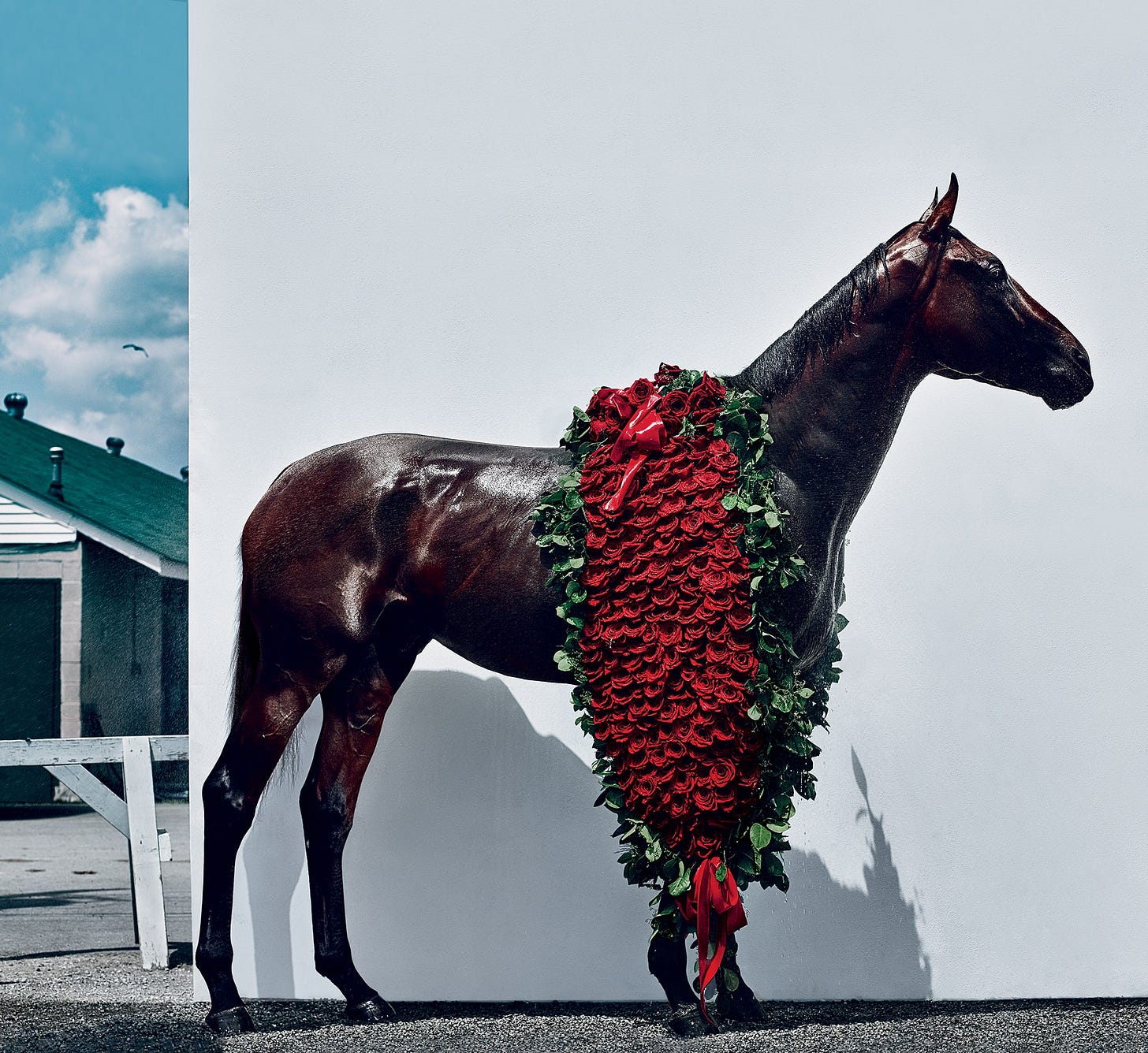Brain Food #807: Balancing intutition, speed and data
Looking for the one thing that matters
Thoughts of the day
If you are in the process of planning your 2023, trying to choose between what is right or wrong, or what is important and what can wait, attempting to use decision-making models and techniques might lead to a fine form of choice paralysis. How do we make the right decisions when it comes to planning a life, or the next 365 days of it?
As the founder of a data behemoth, it is no surprise that Jeff Bezos is a supporter of relying on data in his decision-making. However, he does not advise waiting until all information is available to move ahead; 70% is enough: “Most decisions should probably be made with somewhere around 70% of the information you wish you had,” he said. “If you wait for 90%, in most cases, you’re probably being slow.”
But where it truly mattered, Bezos relied on his gut:
“All of my best decisions in business and in life have been made with heart and intuition – not analysis. When you can make a decision with analysis, you should do so, but it turns out in life that your most important decisions are always made with instinct, intuition, taste, heart.”
Amazon Prime, though forecast to be a complete disaster, came to see the light of day purely thanks to intuition - it simply felt like a good idea. Today, Prime is one of Amazon’s most successful endeavours, counting over 200 million subscribers, who spend on average three times more than a non-Prime member.
Some call the gut the second brain. When there are too many options, even if we are not actively processing facts on the surface, our intuition might be pointing us in the right direction. It is a simple strategy, similar to following one’s curiosity, when there is nothing else (or too much) to count on.
We all have an inner voice, even if sometimes it doesn’t speak loudly. It is what feels right, though we cannot explain why. It could be the sum of our values, education, and experiences talking to us, and pointing us in the right direction.
Perhaps the big question is: how do we balance information with intuition in decision-making?
A fascinating story I came across recently relates to racehorses.
Jeff Seder used to work as an analyst at Citigroup, but then quit and focused his time on predicting the outcome of horse races. He analysed hordes of data until he found one single predictor that could determine a horse’s potential as a champion: it wasn’t the animal’s pedigree, which was traditionally the main determining factor, but the size of its heart, particularly the left ventricle. Based on this insight, Seder convinced one of his clients to buy back his own horse at an auction. The horse was called American Pharoah. He ended up being the first Triple Crown winner in 37 years.
In Blink, Malcolm Gladwell, like Bezos, also pointed out the importance of speed, and how gut decisions can be much faster: “There can be as much value in the blink of an eye as in months of rational analysis.” But the eye needs to have seen to know what it is looking at. To win the race, you need to train for it, too, even if you have the heart for it. It is the classic job requirement paradox, especially for interns and graduates: experience is needed to gain experience.
So as you start the new year, you can choose to act, not to stall, and when all else fails, to listen to your gut. And if that in itself does not feel enough, look for the one thing that matters.
Thank you for reading today’s Brain Food. Brain Food is a short newsletter that aims to make you think without taking up too much of your time. If you know someone who would like this post, consider spreading the word and forwarding it to them. Brain Food wouldn’t exist without the support of its readers.
And if you have just come across Brain Food, you can subscribe to it below:
For longer thoughts and Brain Food highlights from the archives, visit Medium.

